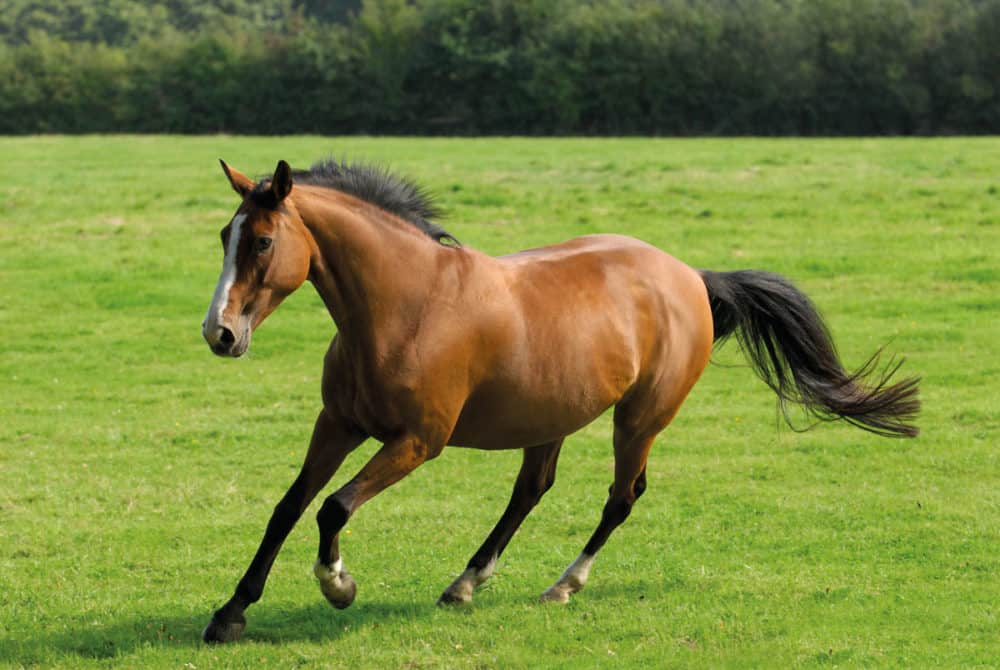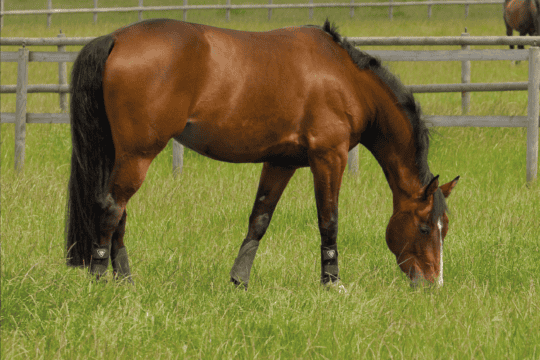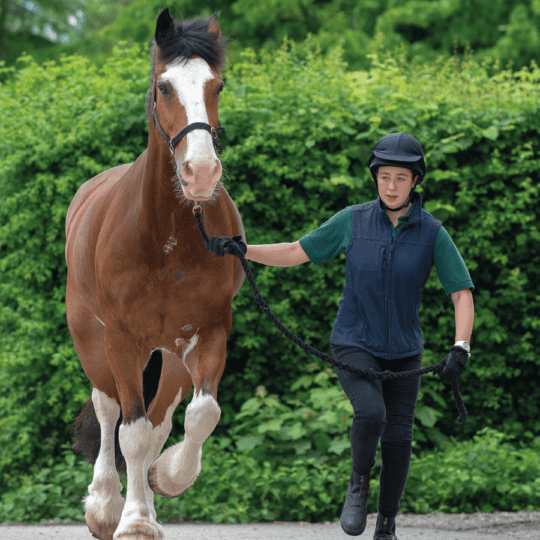Moody mares
Posted 4th January 2019
Mares are well-known for having the potential to be difficult when their hormones kick in, but could there be more to it than meets the eye? Vet Sarah Smith, from Langford Vets, explains

Every horse person has heard the term ‘moody mare’ and we’ve all probably known mares who can let their hormones get the better of them at times. But how can you tell if what you’re seeing is normal behaviour or the result of something more sinister?
It’s fair to say that some mares, much like female humans, are more affected by their cycles than others – this can lead to colic, poor performance, aggressive behaviour and resentment at being handled. But at the same time, many mares seem to barely notice them. It’s easy to forget that, just like stallions, mares are entire, so it’s important to understand and acknowledge the hormonal changes they experience and how this might affect their behaviour, then make allowances for it.
‘Tis the season
Horses are seasonal breeders and mares show signs of being in season roughly every three weeks during the spring and summer months. This is caused by an increase in the blood concentration of the hormone oestrogen, which occurs just before the mare ovulates. Because some mares appear grumpy or show mild signs of colic as they prepare to ovulate, it’s possible that there’s pain associated with the ovaries in these cases.
It’s at this time that a mare in the wild would mate to conceive a foal. Mares in season show normal oestrus behaviour, which can vary from being non-existent unless a male is paying her attention, to raising her tail, squirting urine, winking, squealing and kicking out.
To some extent, all of this behaviour is a normal hormonal response caused by peaks and troughs in oestrogen. However, if these oestrus behaviours become extreme, if your mare is in a lot of pain or difficult to handle, or if her seasons extend beyond the usual 5–7 days, then it’s time to question if there’s unusual hormonal activity taking place.
Did you know?
Your mare’s oestrus behaviour may be more pronounced when she first starts coming into season after the winter.
Pick up a copy of March Horse&Rider, on sale 10 January, to find out more about your moody mare’s behaviour.










